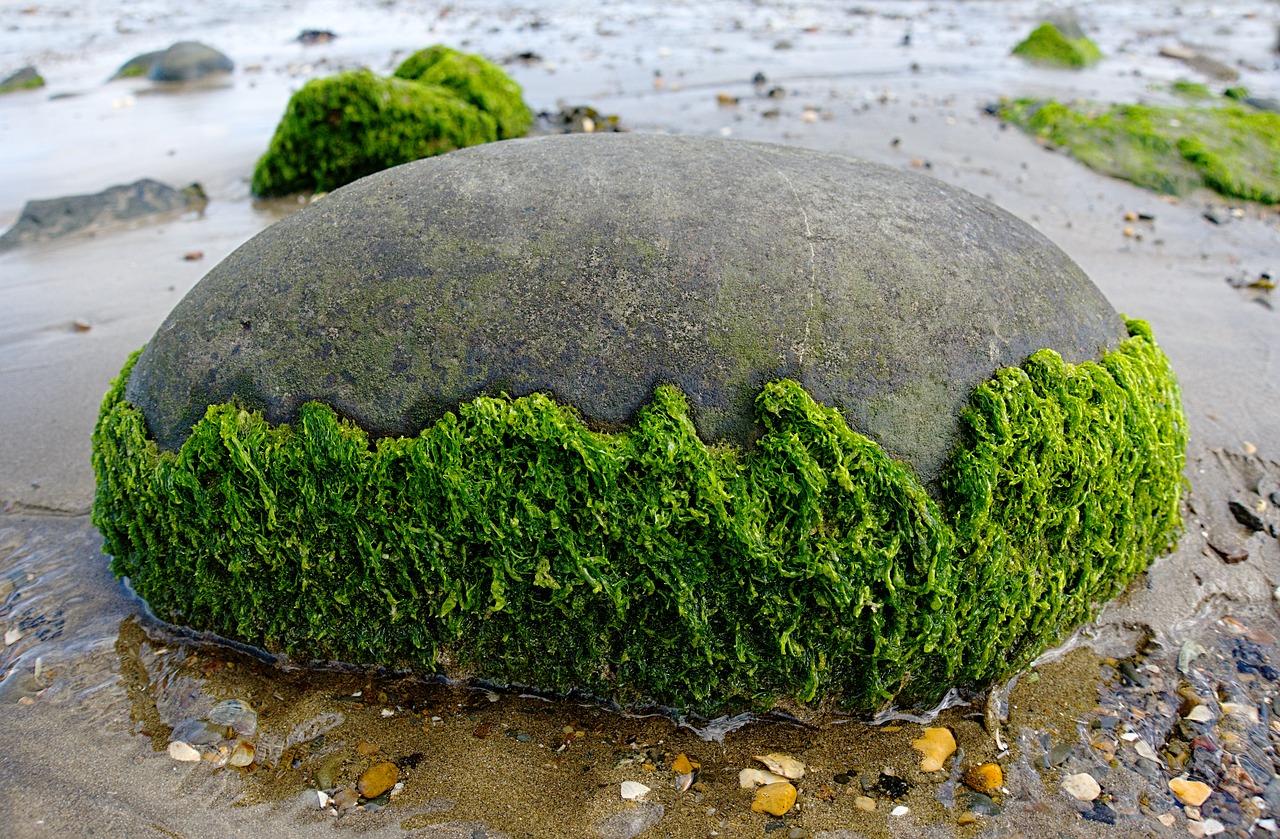Science Bites - Origins of Photosynthesis in Plants via Oldest Algae - Ancestor to Plants and Trees

Research by scientists at McGill University may have found a resolution for the long standing controversy over the age of the fossilized algae. In this particular instance Bangiomorpha pubescens. This algae is found in the Canadian Arctic. This algae is known to be one of the oldest ancestors of modern plants and animals. However, dating this microscopic algae was controversial with many differing opinions some dating it between 720 million and 1.2 billion years ago.
To find out the fossils' age the researchers collected samples of the fossilized algae in Baffin Island where it has previously been found. By using the Rhenium-Osmium dating technique they found the rocks were 1.047 billion years old. This means that the current estimates are off by 150 million years (150 million years younger that is). Why is this important? Well this means that scientists can now make more accurate estimates about early evolution of eukaryotic cells (these are membrane-bound organelles such as the nucleus found in mammals. Bacterial cells called prokaryotic cells lack these membranes).
Interestingly, Bangiomorpha pubescens is almost identical to modern red algae scientists suggested these algae used photosynthesis. Research shows that chloroplasts (the site where photosynthesis occurs in plants) was created when a eukaryote enveloped a photosynthetic bacterium. This was passed down to subsequent generations which included plants and trees resulting the natural diversity we have today.
In this study once the scientists had estimated the algae fossils' age (1.047 billion years) they used what is called a molecular clock, which is a computer model used to calculate evolutionary events based on genetic mutations. What they concluded was that the chloroplast became a part of eurkaryotic cells about 1.25 billion years ago.
Why is this significant? Well it means that if this method is used by scientists to measure the age of evolutionary processes/mutations then the results will be more reliable and accurate.
looks very interesting and complex.. gonna read this again.
Thanks! :)
Thanks a lot for your valuable post at it taught me a lot of things
Interesting post! and a great picture too!
thanks!